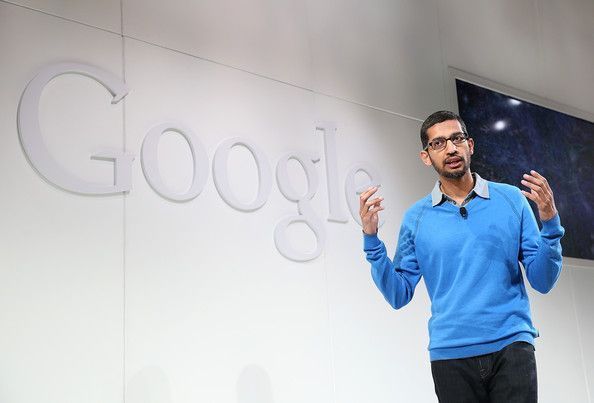According to an exclusive report over at WSJ (sub requireD) Google is going to make its rumored wireless service official today, April 22nd. And if it does, it could be the most Un-carrier thing to hit the market since T-Mobile.
Unlike traditional carriers, Google’s service is rumored to allow customers to pay only for the data they use each month, instead of having set tiers or “buckets”. It sounds like great news for the industry, although initially it’s expected to only work on the Nexus 6. Which is a pretty huge restriction. It’s also expected to run on Sprint and T-Mobile’s networks – both of whom have agreed to “carry the traffic”. The device will be able to switch between Sprint and T-Mobile networks depending on which has the best signal strength at any given time.
It’s worth remembering that Google itself has stated that it isn’t planning on wide-scale domination. Rather, this is a “small scale experiment“.
“Google’s wireless project has been in the works for roughly two years. It is part of a broader effort by the company to make it easier for people to access the Internet. As more consumers and businesses get online, they are more likely to use Google services like search, YouTube and work applications.
“Google argues that if wireless spectrum was used more efficiently it would resolve a lot of the wireless bottlenecks that carriers deal with,” Mr. Chand [head of research at Rutberg & Company] said.”
Google has several advantages with this model. First, it doesn’t have its own network infrastructure, so any overheads normally associated with the upkeep of towers and additional deployment aren’t a concern. Second, it’s not tied to one carrier, giving the end user the best of both worlds. Although some might argue that getting AT&T and Verizon onboard as network partners would be a wise move. Third, it’s not a major risk. It has the capital to try this experiment and – if it doesn’t work out – they haven’t invested billions in getting a network off the ground. And, if it does work out, it can start offering more phones.
Source: WSJ

